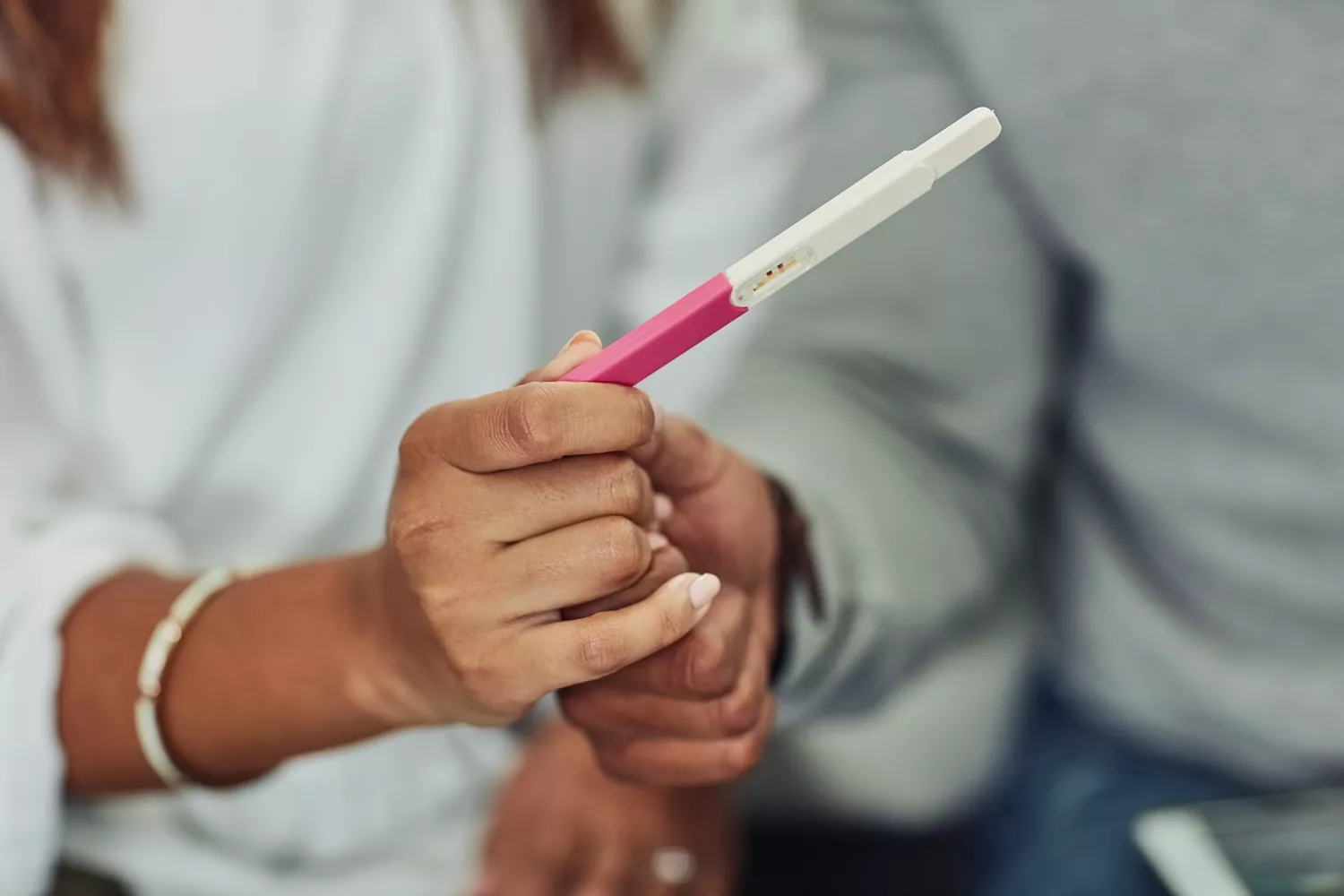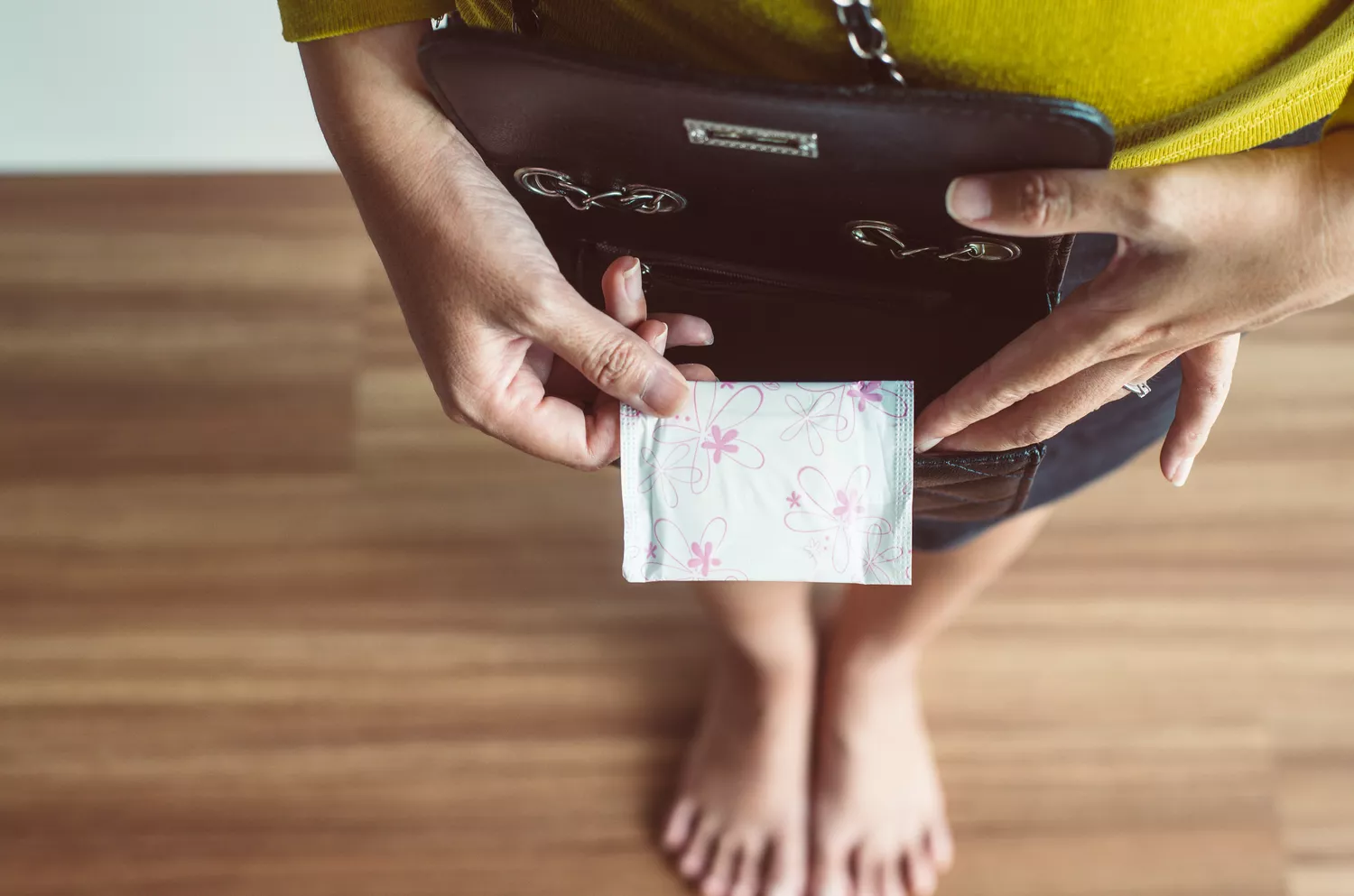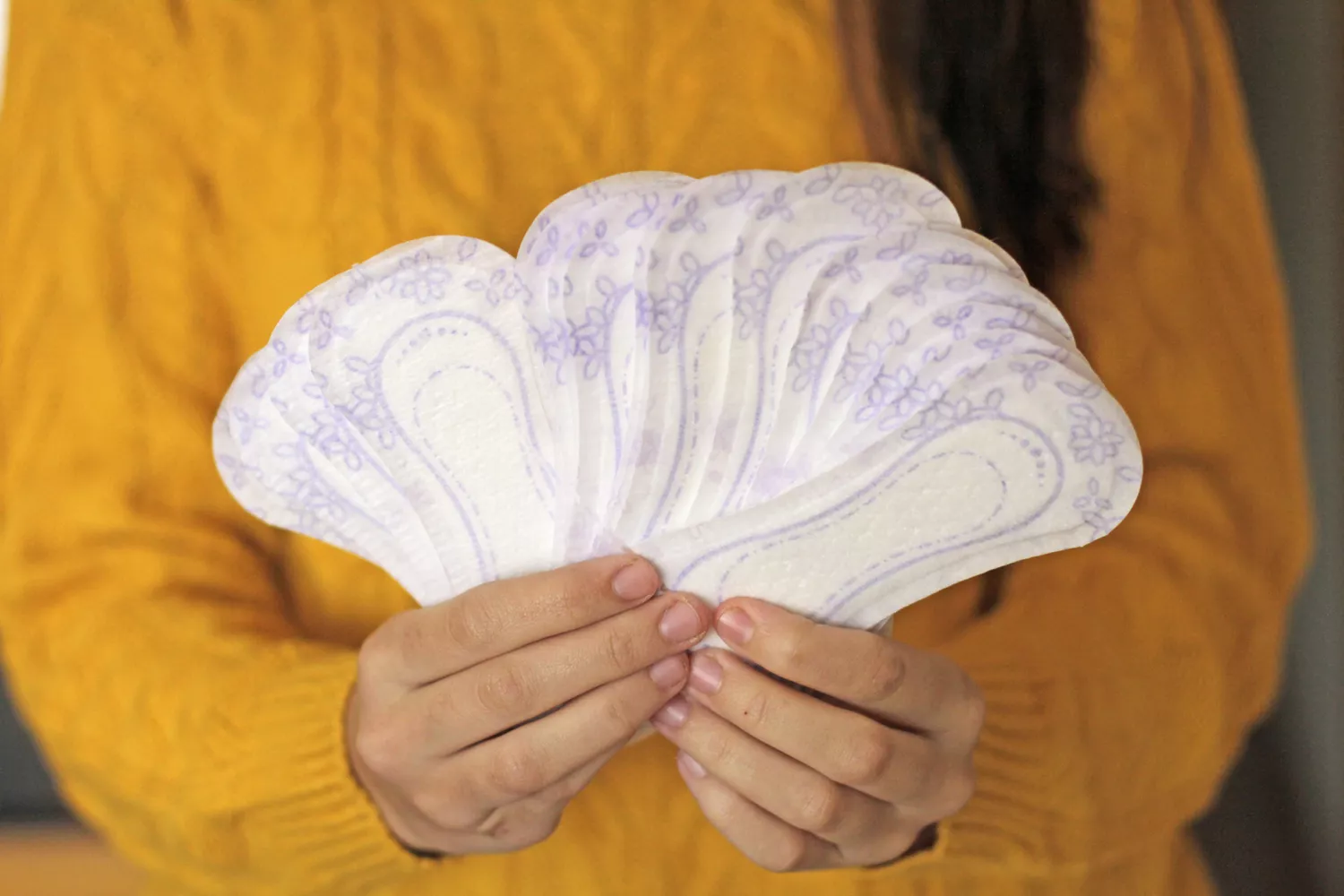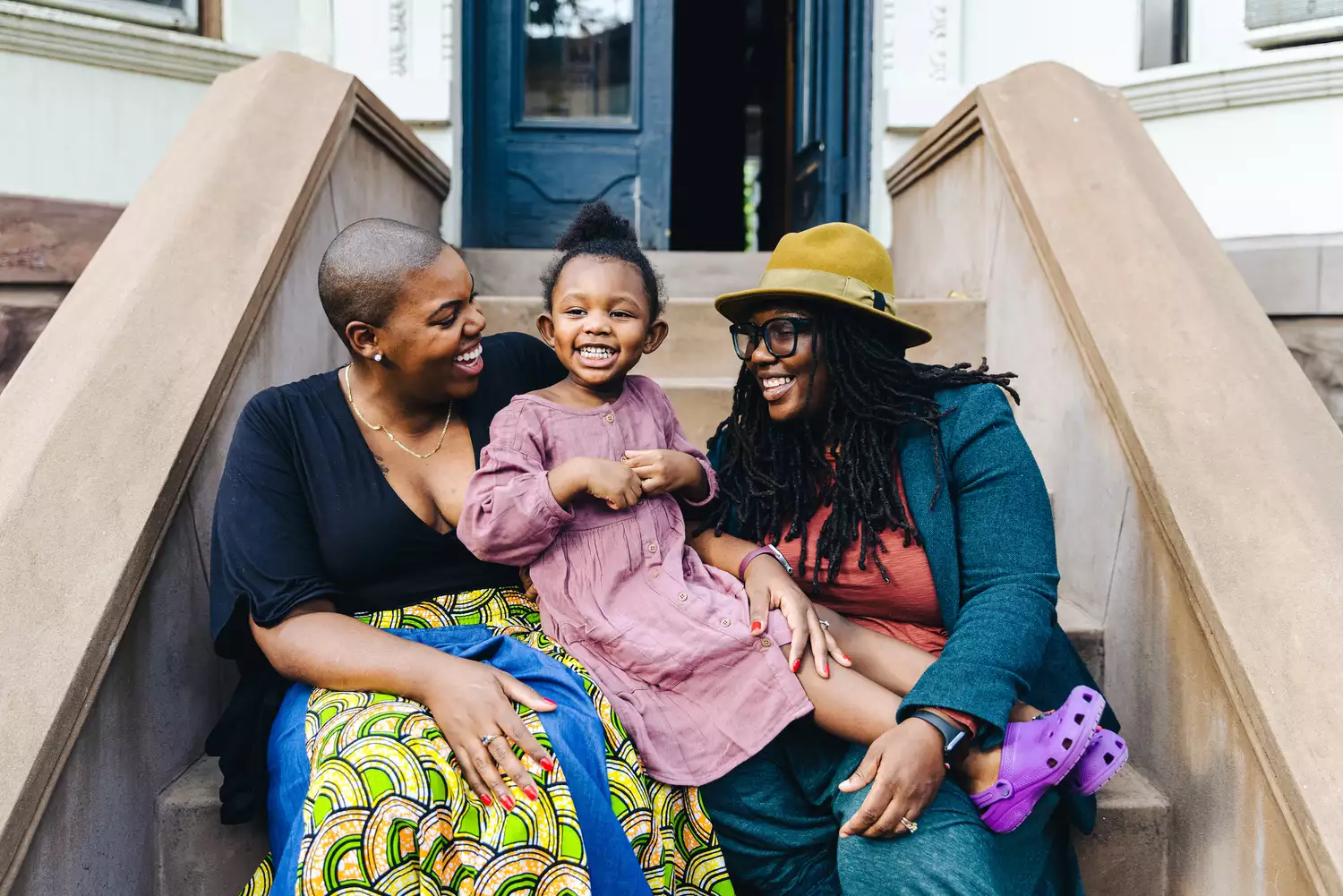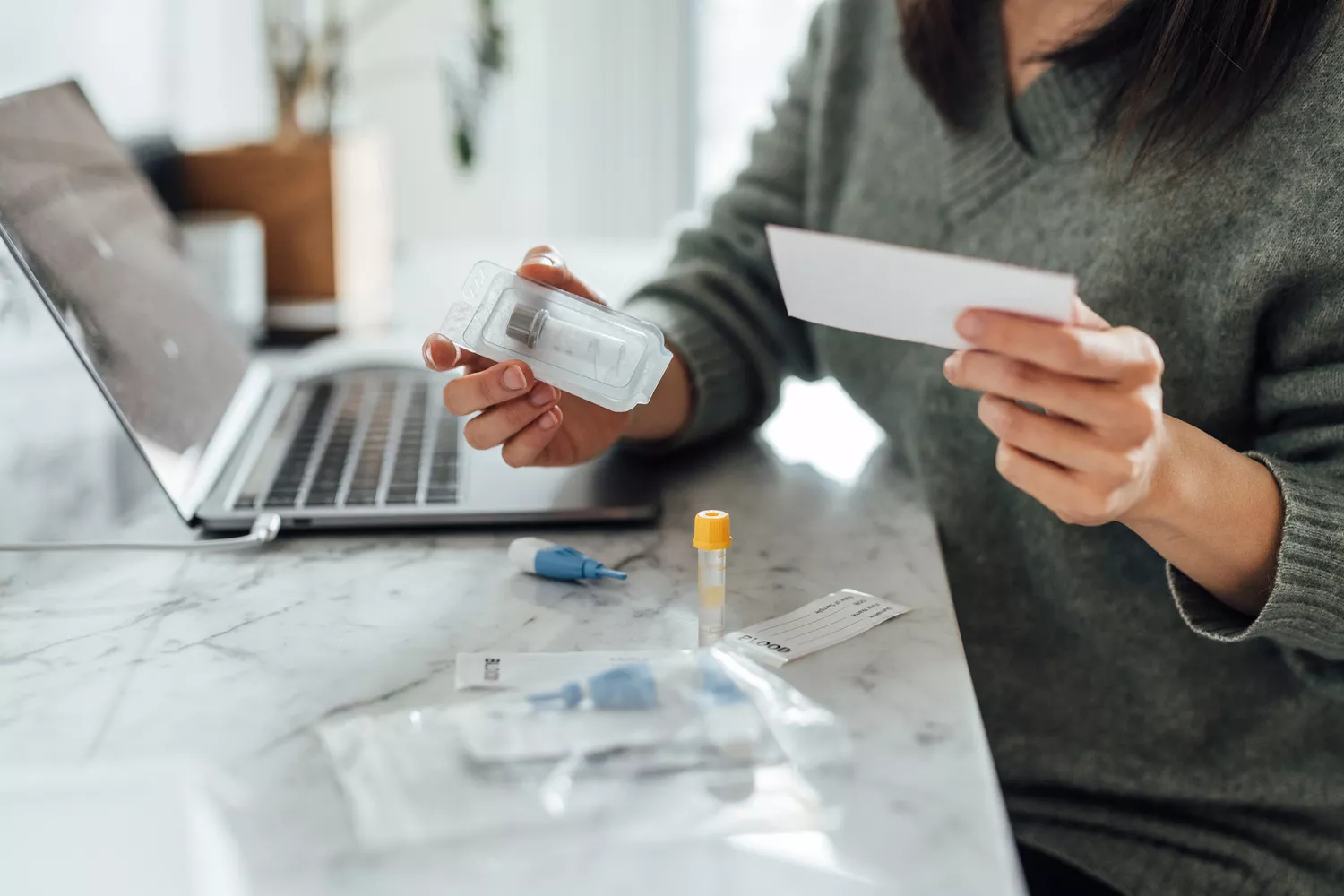Here’s what I wish I knew when I was a teen with depression


My teenage years were less colorful. While many people look back on their teenage days with nostalgia, whimsy and a sense of wistfulness, my teenage years were more colorful. A little less wonderful. It was painful. Awful. Horrific. What was the cause? I had undiagnosed and untreated teen depression. I was one out of millions of teenagers living with a mental illness.
To give you a better idea of how it is to be a teen with depression I would like to tell you if I was anything like that. What I am (still). See, I’ve never been the kind of girl who stands up straight. Slouching is probably the reason I am only five feet tall. My shoulders are always forward. My gaze is always downward. My gaze is always either directed at my feet, or away. I feel very uncomfortable with my skin. I’m also pretty awkward. I’m clumsy. Gawky. Socially awkward, gawky, and bumbling. But in high school, my level of discomfort changed. While I can’t tell you exactly when this happened, hindsight tells you the reason.
Depression in teens is serious. It is more than just feeling sad or “blue” for a couple of days, says Medline Plus a service of the National Library of Medicine. The article says that depression is characterized by an intense sense of sadness, despair, anger, or frustration. “It makes it difficult to do normal activities and function normally,” continues the article. You may have difficulty focusing, and lack motivation or energy. You may feel that you can’t enjoy your life or get through the day.
Yes, I understand. I can remember feeling a deep sadness that permeated my entire being. I thought it would never lift. My mind was racing and I felt exhausted. My body hurt (quite literally). It felt as if I was fighting an invisible battle in my head, one that I was both a friend and a foe. There would be only losses, no victories. I was a victim. I was a victim of my own war. What about the hopelessness? And the hopelessness? How empty it all felt. The meaninglessness and weight of life.
But I never spoke to anyone. As my thoughts grew darker, more frightening, and more erratic I became more quiet and aloof. My Discman drowned the voices in my mind. In my youth, music was played on compact discs (or flat, shiny round objects). I used to cry a lot, at least until one day when I stopped. I was adamant that I would cry until the day I didn’t. The tears dried. I began to use unhealthy coping methods. I began hurting myself. I started harming myself. There would be alcohol later. I tried to ignore the emptiness. The nothingness. I thought happiness was only (one) more sip away.
I felt so alone, and it was everywhere. Depression is brutal, but teen depression? This is no joke. While my depression eventually changed (I am now 39 and still have a mental illness), there are some things I wish that I had known when I was first diagnosed. There are some things I wish I had understood. Here are some facts about teen depression, and more importantly, depression in teens.
Teen depression is common
Millions of teenagers suffer from depression. According to Centers for Disease Control and Prevention, 15% of adolescents aged between 12 and 17 had a depressive episode within the past year. Teen depression rates are also on the rise. One study from 2022 found that 1 in 5 teens suffers from depression symptoms.
Teen depression has many causes
Although the exact cause of depression and teen depression is still unknown, certain factors may put a person “at risk”. These include:
- Issues that negatively affect one’s self esteem, like peer problems, academic issues, or bullying
- Being a victim or witness to violence
- Other mental health conditions
- Having a learning disability or attention-deficit/hyperactivity disorder (ADHD)
- Chronic pain or persistent physical conditions
- Certain personality traits such as being too dependent, pessimistic, or having a low self-esteem can be a sign of depression.
- Alcohol, nicotine or other drugs abused/misused
- It’s hard to be a part of the LGBTQIA Community in an environment that isn’t supportive.
The brain’s chemistry and genetics can play a part.
Most teens with depression will outgrow their condition
According to a a data-component=”link” data-ordinal=”1″ data source=”inlineLink” and data type=”externalLink”, as many as 50% will. One study found that up to 50% of teens will outgrow their depression.
Teenage Depression: Sadness is One Symptom (but Not The Only).
Although depression can cause sadness in many people, including teens, this is just one of the symptoms. Not everyone with depression is sad. Depression can manifest in many ways.
- Feelings of emptiness or numbness
- Feeling disconnected
- Fatigue
- Feelings such as worthlessness, helplessness and hopelessness
- You may notice changes in your appetite
- Sleep disturbances
- Concentration problems
- Suicidal thoughts
A depression diagnosis does not mean a lifetime of medication
There are many treatments for depression. Not all of them involve medication. According to the Anxiety and Depression Association of America, the first-line treatment for moderate depression is therapy–specifically cognitive behavioral therapy (CBT).
Combining therapy with medication is usually effective for more severe depression. In the majority of cases, selective serotonin reuptake inhibitors (SSRIs) are prescribed. This does not mean that you will have to take medication for the rest of your life. Many people can manage their depression with or without long-term medication.
is fine ifyou take antidepressants long-term. It is not a sin to take these medications, and they are generally low-risk. Overall health, happiness and wellbeing are the most important things.
Resources for Teens with Depressive Disorder
There is help for anyone experiencing depression symptoms. There is still hope. You are not alone.
- Text “START”, to 741-741, to reach a trained counselor on the Crisis Text Line.
- Use the NotOK App and let others know that you need help.
- Call the TrevorLifeline on 866-488 7386 to connect to LGBTQIA crisis services.
- Dial 988 if you want to talk to someone on the Crisis and Suicide Lifeline.


